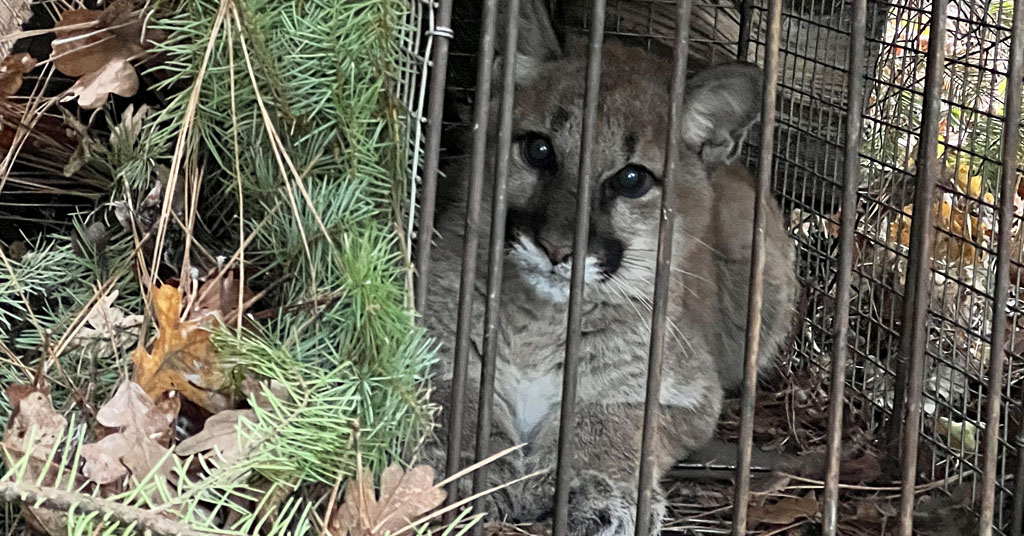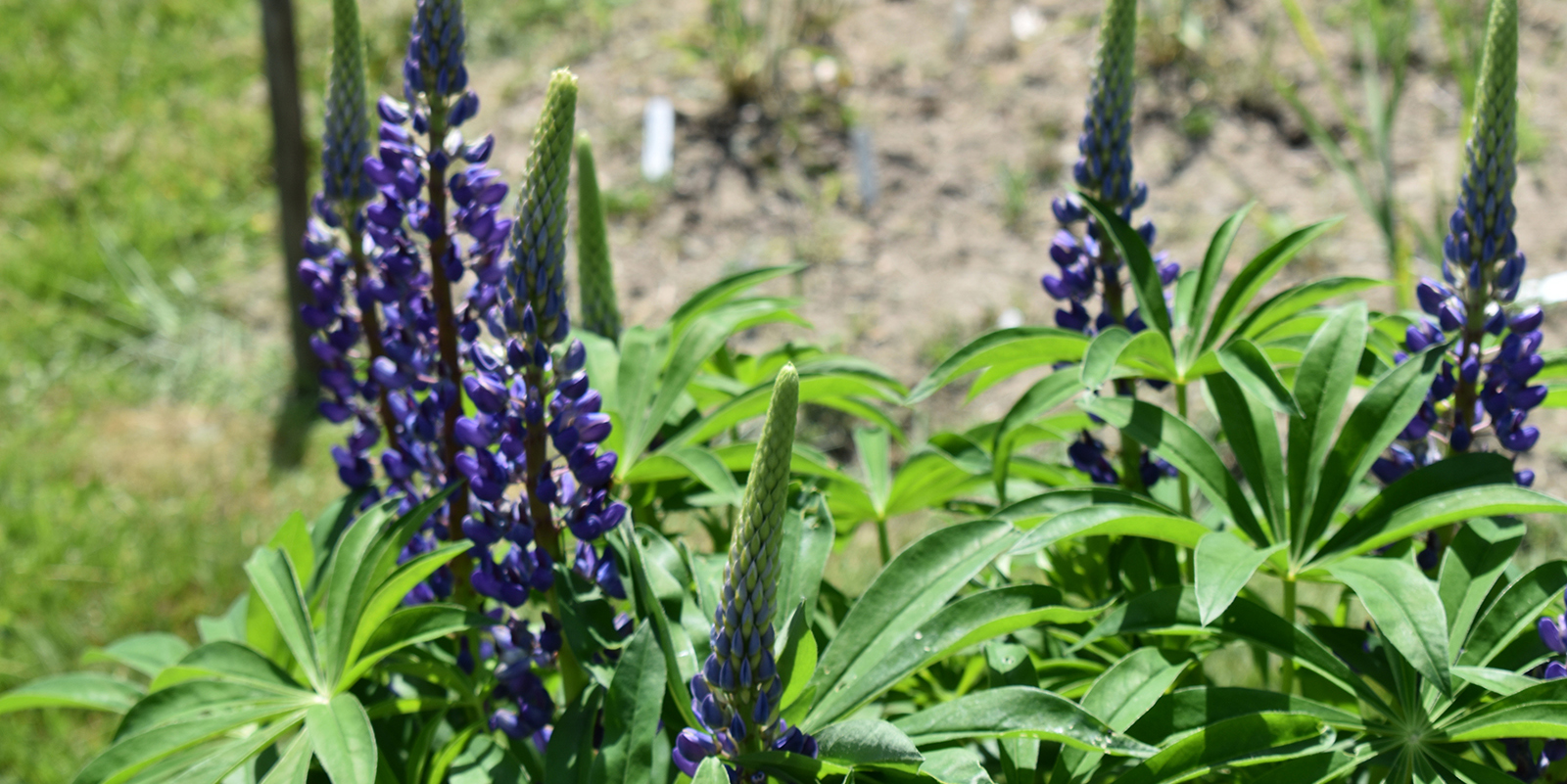Cranston’s Meshanticut Pond Struggles to Escape Invasive Infestation
October 3, 2021
CRANSTON, R.I. — The pond looks like a painting. A small boat and a family of swans — two juveniles, two adults — marked by gentle wakes on a glassy surface. Early red leaves gracing the tops of periphery trees, late-season lotuses still framing from the edge.
But at Meshanticut Pond, there is a battle brewing on the water between the boat and sacred lotus.
In the past seven years, after a Cranston resident planted it in memory of a relative, the lotus — an invasive species, endemic to Asia and relatively new to Rhode Island waterways — has overtaken the pond. Just a few oversized leaves at first, now hordes of water lilies encroaching on three sides of the shore.
But according to Keith Gazaille, project manager with SOLitude Lake Management — a water quality and waterbody restoration company that works throughout the eastern United States — it’s not the only aquatic invasive crowding out native plants in the pond.
Gazaille and aquatic technician Tanner Poole are out on Meshanticut Pond on a stormy Tuesday morning to continue the fight against a trifecta of invasives: variable watermilfoil, fanwort, and sacred lotus.
“The lotus and the other invasive plants have the ability to really outcompete a lot of the native plant species,” Gazaille said. “It really reduces the diversity of the habitat.”
It provides some habitat for fish and other aquatic life. But a dense canopy of invasives reduces the variability of the habitat, and it can wreak havoc on the levels of dissolved oxygen below the canopy. As the crowd of plants switches between oxygen production and respiration, large fluctuations in oxygen can be a stressor for aquatic life.
A team was out here last year, Gazaille said, trying to ward off the growth. But the invasives have stuck around, determined.
“The growth has gotten to the point where it has raised the attention of residents and the city,” Gazaille said. “And so, I think there was a request to take some action.”
Today, he and Poole will be boating over half the pond, spraying a contact herbicide below the water to try once again to stop the spreading milfoil and fanwort.
“There’s not a lot of good — given the expanse of the infestation — non-chemical strategies, unfortunately,” he said.
Harvesting and manual removal of both plants can be counterproductive, according to Gazaille. They reproduce by fragmentation, he said, “so as they potentially break during those activities, you could be worsening the situation, and potentially spreading plant fragments downstream.”
The best option, he said, is to spray a contact herbicide on the vegetative portion of the plant. It is best to do this in the early fall, before they enter a natural stage of auto-fragmentation. Eliminating them now reduces the risk of downstream infestation. The treatment will leave the root intact, Gazaille said, but through repetitive treatment there can be a slow reduction in growth density.
“The lotus is another animal altogether,” Gazaille said.
They had hoped to spray its protruding leaves, too, with a systemic herbicide. That would spread through the plant, “kill the rhizome and prevent return of the plants all year,” he said.
But the impending rain would wash the chemicals off too early. They need 3-6 clear hours for it to be effective. They’ll be back in the next few weeks to finish off the other half of the pond and deal with the lotuses.
Compared to some areas of the South, where the growing season is unimpeded by freezing temperatures, Gazaille has seen lotus completely overtake a water system. But for the Northeast, he said Meshanticut Pond is dealing with a moderate- to high-level infestation.
They are trying to stop it there, but “the sacred lotus has been particularly hard to kill,” according to Christine Dudley, the Rhode Island Department of Environmental Management’s deputy chief of freshwater and diadromous fisheries.
And beyond Meshanticut, the battle against invasives is only getting worse.
“All over the world, really, but all over New England ponds are getting more and more infestations of invasives and more and more heavy algae and weed growth,” Dudley said.
There are a lot of different factors to blame. Usage around ponds has changed over the years, many have gotten more and more built up. Rising temperatures, eutrophication, lawn chemical use, released aquarium species, urban growth, and overburdened and leaching cesspools all play a role.
“It’s very difficult to tell someone that they can’t have a nice yard, or have a bigger house or a nicer house on a lake,” Dudley said. “But they really have to look to what’s happened over the years that has changed.”
There is legislation in the works to stop the sale of aquatic invasive species, but the reality on Meshanticut Pond and other Rhode Island waterbodies is invasives have already taken root. And the state can’t treat them all — it’s too expensive.
Cost varies based on the size, the weed type, the chemicals used, and the staff time needed. The 12-acre Meshanticut Pond alone cost $6,685 to treat, Dudley said — a price tag picked up by a federal grant program for habitat restoration.
Each year, DEM makes a list of priority treatment sites — based on which are in the worst shape, which are stocked with fish, and which bring in the most complaints, among other variables. But without behavior change and public attention to the causes, Dudley only sees the problem getting worse and a long road ahead as far as invasive treatments go.
“As far as I can see, it’ll be a continuing thing that we’ll have to fight and battle,” she said. “And … it’s not cheap.”




Rhode Island needs to stop voting in the roadblock gangsters in the State House who do nothing for our fragile ecosystems. The majority speakers are developers and investors who don’t represent the half of RI that wants a bottle deposit bill and a cleaner state to present to tourists who trip over trash to look at features here. Blatant disregard for profits over people in force means big changes are needed when you vote!